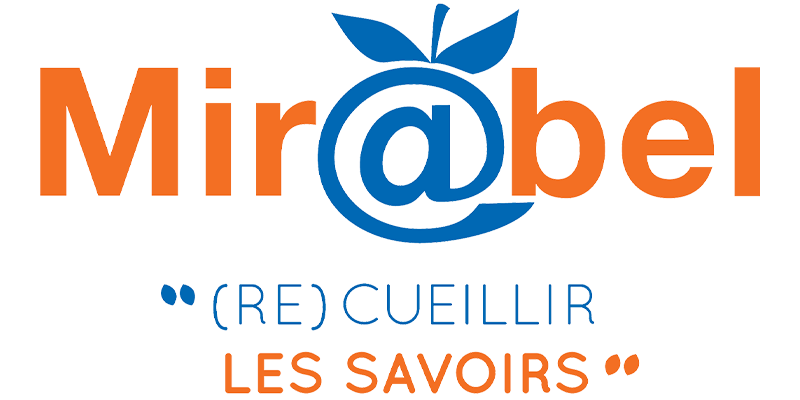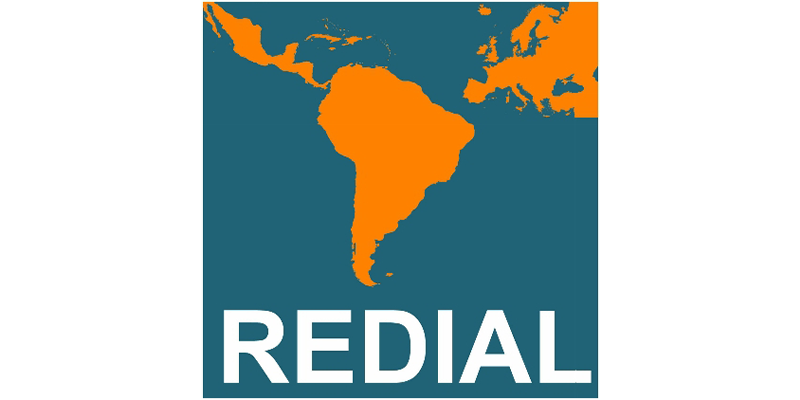
CDS Regards collaborates with various partners within research networks or documentary networks.
Discover all our collaborations for the dissemination of scientific information.

SoL Consortium
Towards infrastructure and tools for spatialized sound data exploration in the field of eco-acoustics
Labelled by Huma-Num IR* in January 2023, the SoL Consortium (Sound of Life) coordinates teams from the Humanities and Social Sciences and Life Sciences around an interdisciplinary project on the spatialization of sound data in eco-acoustics. The use of digital tools related to fine data localization is growing and essential in this field, particularly for species monitoring and the analysis of ecosystem soundscapes.
For more information, please visit the consortium’s website.

Disseminating Scientific Information
Networks to facilitate access to resources
CDS Regards is a partner of the Mir@bel network, which aims to valorize the content of scientific periodicals accessible online. The center monitors 22 journal titles: www.reseau-mirabel.info/partenaire
CDS Regards collaborates with the Nouvelle-Aquitaine regional center of the national Sudoc-PS network to report and valorize its periodicals collections: www.sudoc.abes.fr
CDS is a member of the board of the Network of Actors for the Dissemination of Information and Documentation Funds for Development (Rafid).

REDIAL
European Network for Information and Documentation on Latin America
CDS Regards is a member of the board of the REDIAL network (European Network for Information and Documentation on Latin America) and participates in its scientific monitoring and dissemination of scientific information activities.
The REDIAL network portal and the CEISAL (European Council of Social Sciences in Latin America) offer an overview of scientific developments on Latin America and the Caribbean in Europe: rediceisal.hypotheses.org

Consortium ImaGEO
Geographers’ Maps and Photographs
Established in late 2012, ImaGEO was a consortium labeled by TGIR Huma-Num. Coordinated by UMR Passages, it brought together research units Prodig, Migrinter, Edytem, Géographie-Cité, UMS Riate, Maison de l’Orient et de la Méditerranée, and the SCD of Bordeaux Montaigne University.
Its goal was to make numerous and scattered cartographic and photographic data from research laboratories or remarkable library collections and researchers accessible, consultable, and usable.
The ImaGEO consortium came to an end in late 2022.
